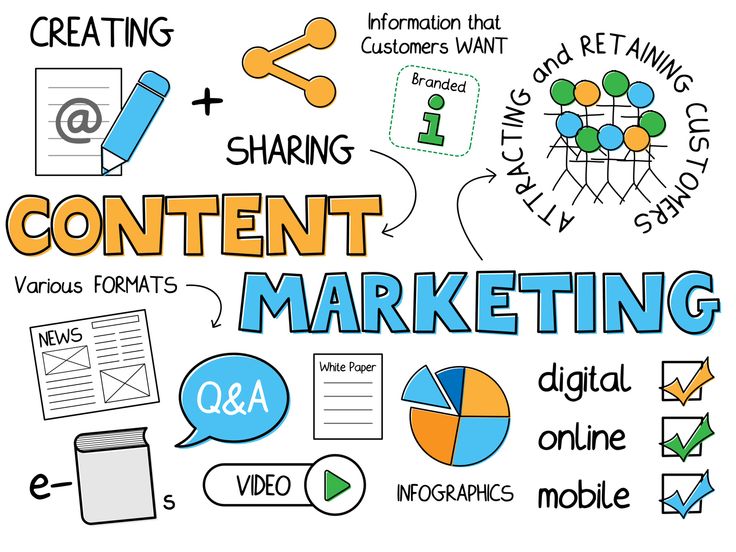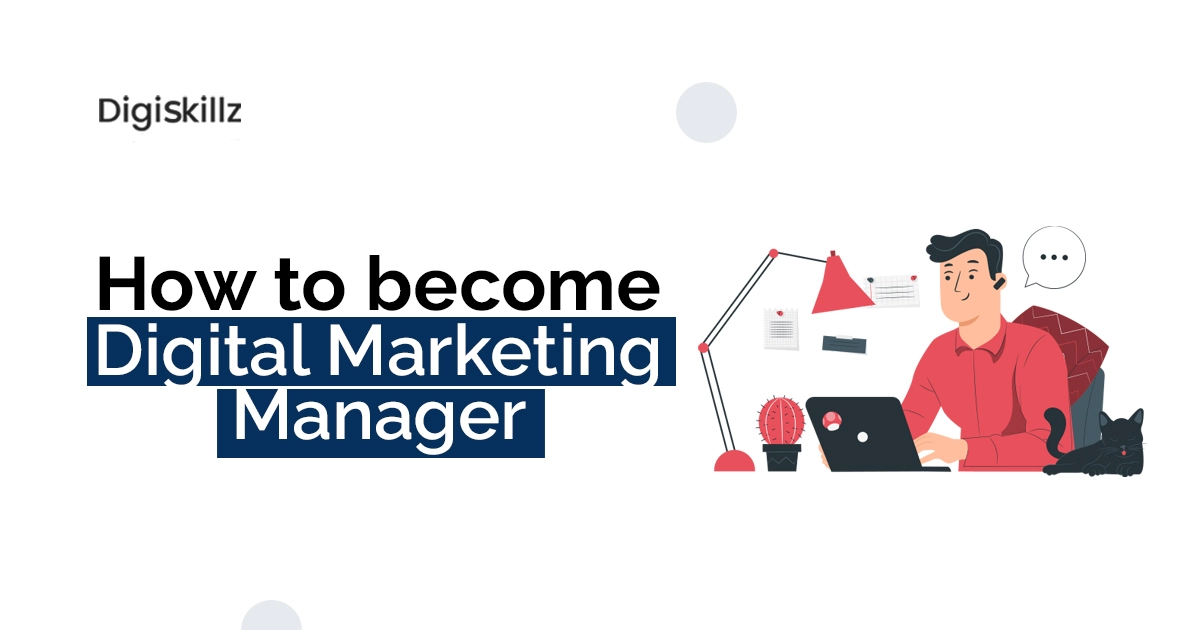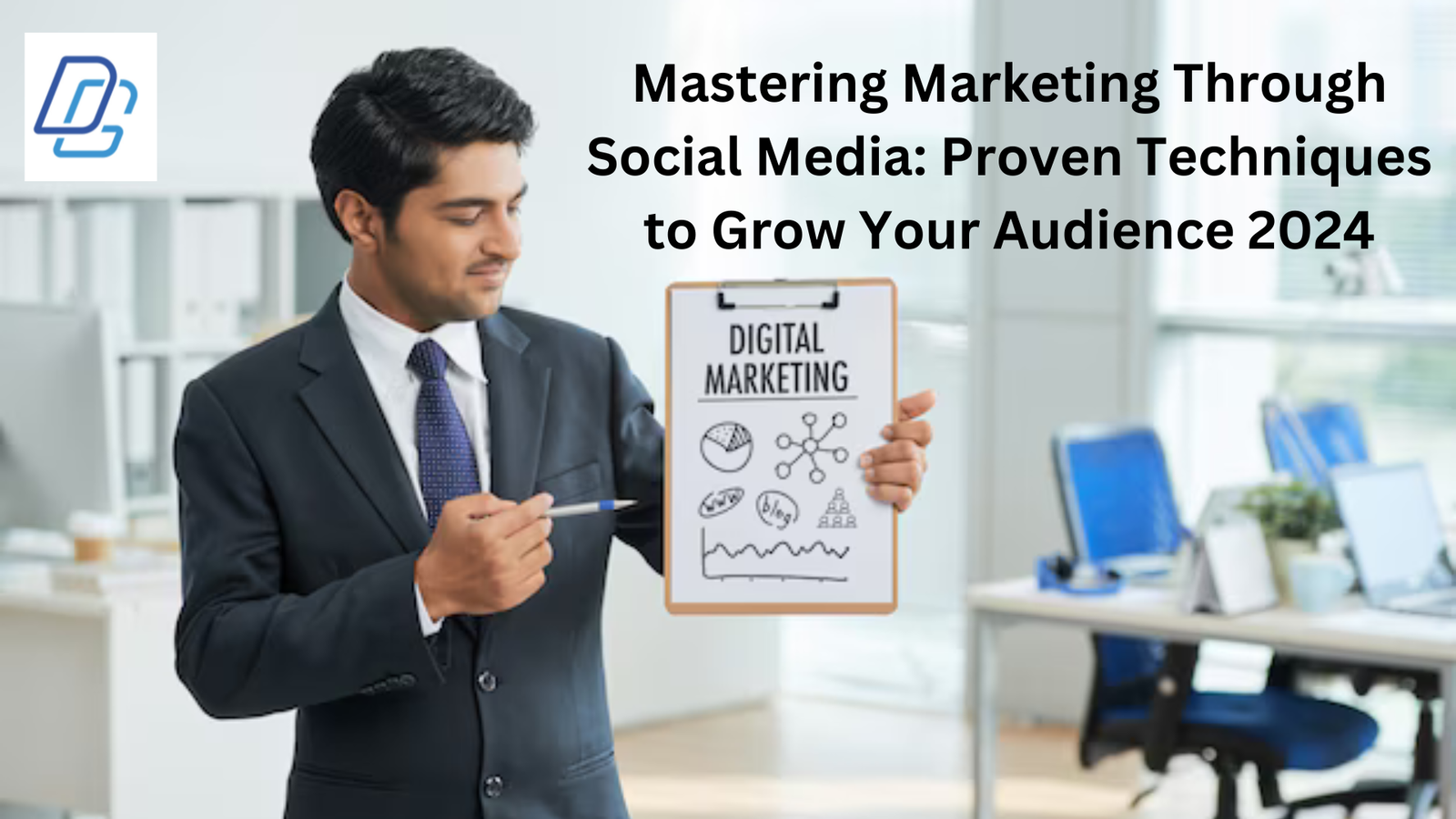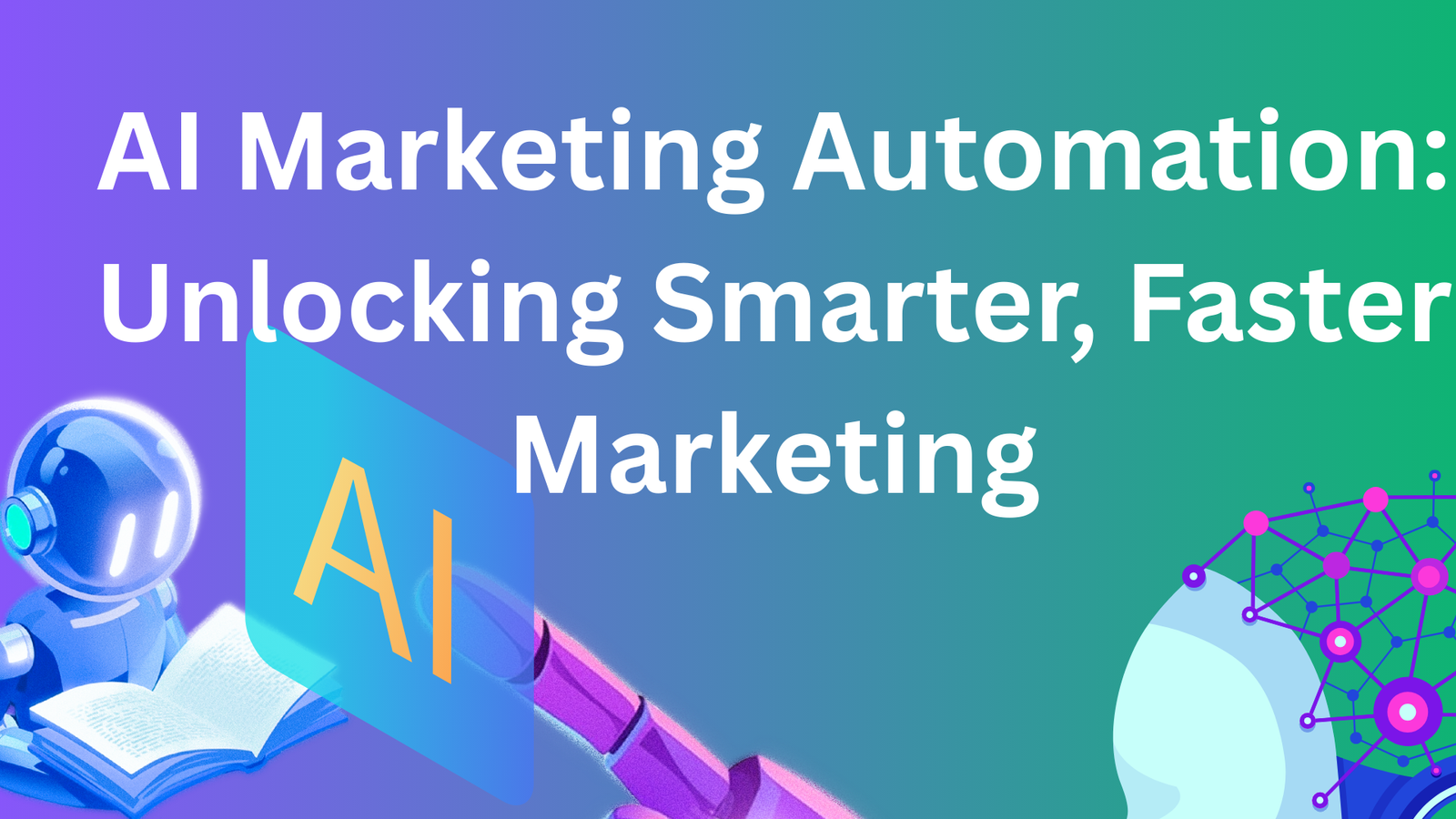
Unlock your business potential: Online marketing transforms connections into customers, driving growth and engagement
Online marketing has revolutionized the way businesses reach and engage their audience in today’s fast-paced, technology-driven world. No longer confined to traditional advertising methods, companies are harnessing the power of the internet to expand their reach, build stronger relationships with customers, and drive conversions. At the heart of this transformation lies a dynamic field of expertise known as online marketing. Mastering online marketing is no longer a mere option but a necessity for businesses seeking to thrive in an increasingly digital landscape.
Online marketing, also referred to as digital marketing, encompasses a broad spectrum of strategies and techniques designed to promote products or services over the internet. It allows businesses to target specific audiences, personalize messages, and track performance in real-time. From search engine optimization (SEO) and social media marketing to email campaigns and content marketing, becoming an online marketing pro requires a deep understanding of various tools, platforms, and methodologies.
To succeed in the world of online marketing, one must possess a diverse set of skills that go beyond just understanding how to use digital platforms. In this blog, we will explore the critical competencies that every aspiring online marketer should develop to excel in this competitive and ever-evolving field. Whether you are a beginner or an experienced marketer looking to sharpen your skills, this comprehensive guide will provide you with the insights needed to become a true online
Table of Contents
Understanding the Core Principles of Online Marketing

Elevate your brand online: Marketing that connects, engages, and converts customers effortlessly
Before delving into specific strategies, it’s essential to grasp the fundamental principles that underpin online marketing. At its core, online marketing is about connecting businesses with their target audience through the right channels, at the right time, with the right message. This requires a deep understanding of consumer behavior, market research, and the ability to leverage data to inform decision-making.
One of the key components of online marketing is customer segmentation, the practice of dividing a broad audience into more specific, actionable groups based on shared characteristics such as demographics, interests, or purchasing behavior. This allows marketers to create tailored marketing campaigns that resonate with specific groups, increasing the likelihood of engagement and conversion.
Another essential concept is the customer journey. Online marketing is most effective when it aligns with the various stages of the customer journey, from awareness to consideration to purchase. A skilled online marketer knows how to craft messages and design experiences that guide potential customers through these stages, turning prospects into loyal advocates.
Understanding these core principles provides a solid foundation for mastering the more technical aspects of online marketing.
Mastering Search Engine Optimization (SEO)
One of the pillars of online marketing success is the ability to ensure that your content is visible and easily discoverable by search engines.This is where SEO, or search engine optimization, becomes useful. SEO is the process of optimizing your website and content so that it ranks higher on search engine results pages (SERPs) when users search for relevant keywords. Without a strong SEO strategy, even the most compelling content may go unnoticed.
To become an online marketing pro, a deep understanding of SEO is crucial. This involves mastering both on-page SEO which includes optimizing individual web pages, using targeted keywords, meta descriptions, alt tags, and creating high-quality content and off page SEO, which focuses on building domain authority through backlinks, social signals, and influencer endorsements.
Additionally, the importance of technical SEO cannot be overstated. This involves optimizing the backend of your website, including page load speed, mobile-friendliness, and secure HTTPS encryption. Search engines like Google favor websites that provide a smooth, user-friendly experience, and technical SEO plays a key role in achieving this.
Furthermore, staying up to date with algorithm changes and updates like Google’s Core Web Vitals ensures that your SEO efforts are in line with current best practices. SEO is not a one time effort but a continuous process that requires ongoing optimization and testing to maintain and improve rankings.
Content Marketing: Creating Value-Driven Content

In the digital marketing ecosystem, content is king. Whether you’re running a blog, managing social media accounts, or launching an email campaign, creating high-quality, valuable content is at the heart of any successful online marketing strategy. Content marketing involves producing and distributing relevant and consistent content to attract and engage your target audience.
To excel in content marketing, it’s essential to understand your audience’s pain points, preferences, and motivations. This insight allows you to create content that not only educates and entertains but also drives action, such as making a purchase or signing up for a newsletter.
There are several types of content that online marketers need to be adept at creating, including blog posts, videos, infographics, case studies, and social media posts. Every format has a distinct function and appeals to a particular target section. For example, long-form blog posts are ideal for in-depth discussions on complex topics, while infographics can simplify data and capture attention quickly on social media platforms.
The key to successful content marketing is consistency. Publishing content regularly not only helps build authority in your industry but also keeps your audience engaged and coming back for more. Furthermore, content marketing works hand-in-hand with SEO by creating content that incorporates strategic keywords, you can improve your site’s visibility and drive more organic traffic.
Social Media Marketing: Engaging Your Audience Where They Spend Their Time
Social media is becoming an essential component of internet marketing in the current digital era. Platforms such as Facebook, Instagram, LinkedIn, Twitter, and TikTok offer businesses unparalleled opportunities to engage directly with their audience, foster community, and drive brand loyalty.

Becoming proficient in social media marketing requires more than just posting regularly. It involves understanding each platform’s unique features, algorithms, and audience demographics. For instance, Instagram is highly visual and appeals to younger users, whereas LinkedIn is more professional and business-oriented, making it an ideal platform for B2B marketing.
To succeed, online marketers must master the art of creating content that resonates with each platform’s audience. This includes creating compelling visual content, such as images and videos, crafting engaging copy, and leveraging hashtags to increase reach. Paid advertising options, like Facebook Ads or LinkedIn Ads, also play a significant role in reaching a larger audience and achieving specific marketing goals such as lead generation or product sales.
Additionally, social media marketers must be adept at tracking performance metrics, such as engagement rates, follower growth, and conversion rates. This data-driven approach allows marketers to refine their strategies and focus on what resonates best with their audience.
Email Marketing: Establishing and Maintaining Connections with Customers
Despite the rise of social media, email marketing remains one of the most effective channels for nurturing leads and building lasting customer relationships. Email marketing allows businesses to communicate directly with their audience, delivering personalized messages, product updates, and promotional offers straight to their inbox.

To become an online marketing pro, you must be skilled at crafting compelling email campaigns that not only capture the recipient’s attention but also drive them to take action. This includes writing persuasive subject lines, creating engaging email copy, and designing visually appealing templates.
Segmentation is key to successful email marketing. By segmenting your email list based on factors like purchase history, geographic location, or engagement level, you can tailor your messages to specific groups, making your emails more relevant and impactful.
Email marketing also heavily relies on automation. By setting up automated workflows, such as welcome series or abandoned cart emails, you can ensure that your audience receives timely, personalized messages without requiring manual effort.Moreover, tracking metrics like open rates, click-through rates, and conversion rates allows you to continuously improve your email marketing campaigns and increase ROI.
Data Analysis and Tracking Performance
One of the significant advantages of online marketing is the ability to measure and track the performance of campaigns in real time. Unlike traditional marketing, where results are often difficult to quantify, online marketing provides a wealth of data that marketers can use to optimize their strategies.
To be successful, online marketers need to be comfortable working with data and analytics tools, such as Google Analytics, SEMrush, and social media insights. These tools provide valuable information about website traffic, user behavior, conversion rates, and campaign effectiveness.
An online marketing pro should be adept at interpreting this data and using it to make informed decisions. For instance, by analyzing website traffic sources, you can determine which channels are driving the most visitors to your site and allocate more resources to those channels. Similarly, by examining user behavior on your website, you can identify pain points in the customer journey and make improvements to enhance the overall user experience.
Conclusion

Becoming an online marketing pro is no easy feat. It requires a diverse set of skills, from mastering SEO and content marketing to excelling in social media and email campaigns. Beyond technical expertise, online marketers must be strategic thinkers, able to understand consumer behavior and leverage data to drive decision making. By continuously honing these skills and staying up to date with industry trends, you can position yourself as a leader in the world of online marketing.
In an ever-evolving digital landscape, those who are proactive, adaptable, and dedicated to improving their craft will not only succeed but thrive. Whether you’re an individual looking to break into the field or a seasoned marketer seeking to elevate your career, the path to becoming an online marketing pro is within reach. With persistence, creativity, and a commitment to learning, you can navigate the complexities of online marketing and achieve remarkable success.
Author Name: Azeez KT
Learner of DigiSkillz, Digital Marketing Institute in Kottakkal











Leave A Comment